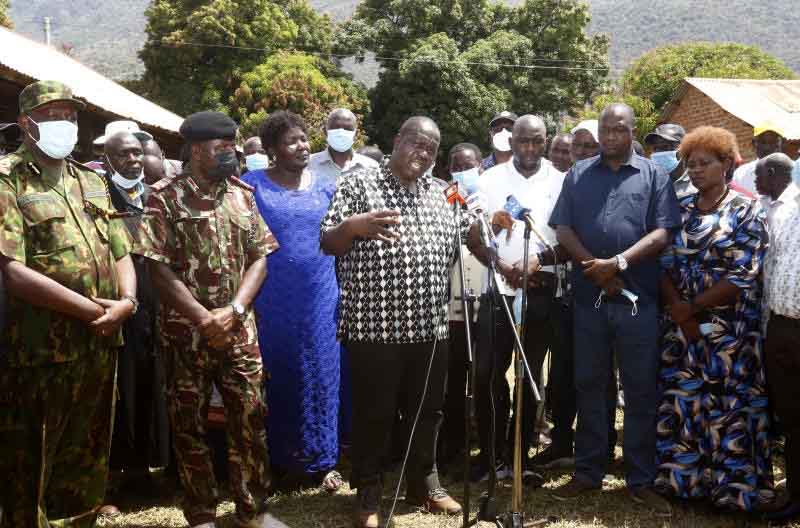×
The Standard e-Paper
Smart Minds Choose Us

An uneasy calm is slowly returning to Kerio Valley following attacks between two communities that have left more than 17 people dead and scores injured.
Since 2015, the region has experienced sporadic clashes that have not only destabilised families, but also disrupted health, education, economic activities and service delivery.








